October is Latin American Heritage Month. To be honest, it was only recently that I realized this was a thing. The Latin American diaspora is so culturally different within itself that it’s only as immigrants that we would be all lumped together. As a first generation Chilean-Canadian, my heritage is something so ingrained in the fabric of my being, that I suppose it is something I honour every day. Gratefully I am fluent in Spanish (thanks to my mother) and have always felt connected to that part of the world. That said, this past week one of my first cousins from Chile came to visit me for the first time ever and I can see how different our upbringings and lived experiences have been. I suppose it’s the same for everyone that lives abroad from their country of origin — we stay true to the traditional culture that our parents remember rather than the evolution of that culture and what it looks like in the present day.
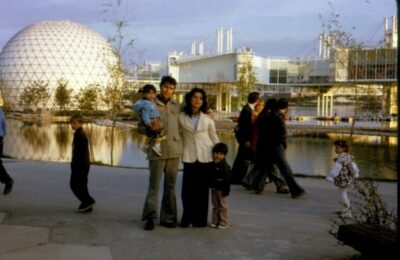
Being a Chilean-Canadian born in the early 70s meant I came into the world already politically charged. Most Chileans who came here during that time did not come because they wanted to migrate, but they came out of safety. Fortunately for my parents, they were here already under a Fellowship at U of T where my Dad was completing his PhD when the coup happened. All Chileans living here at the time were immediately granted landed immigrant status. What was intended to be a 3-year adventure turned into a lifetime. Growing up many of friends didn’t know much (or anything) about the military coup that happened in Chile in 1973, and the subsequent almost 20 year reign of a fascist leader. They didn’t know because many people couldn’t even point to Chile on a map (it’s the long skinny one at the very bottom of the globe, I would tell all my friends).
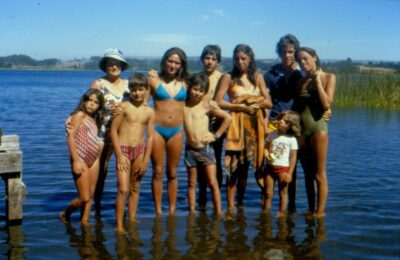
The first time I visited Chile, I was eight years old when my parents had finally become Canadian citizens and they felt safer to travel. As the only ones from my family who had been essentially exiled, we were met at the airport by about 25 people who were all related to me (airport pickups are definitely one of my favourite ethnic qualities). I didn’t know how important that was until I had that experience. It was so interesting and odd to look into faces that looked like mine and that weren’t my parents or my brother. I remember that feeling in my bones like I knew this land, even though I had never stepped foot there until then. The mountains, the air, the earth, the smell of diesel, the singsong quality of the Spanish spoken… these all took root in my body during that very first trip and strengthened with every subsequent voyage to the motherland — my most recent one being this past Christmas where the whole family gathered to celebrate my Dad’s 80th birthday. This magic of Chile can be found in the literature and poetry of many, most notably Isabelle Allende and Pablo Neruda — two of the most famous Chileans before Pedro Pascal exploded onto the Hollywood scene.
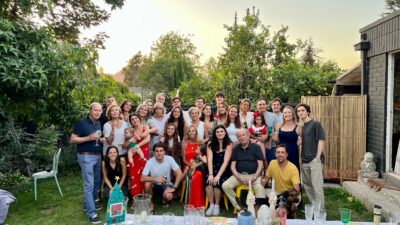
Being a person whose family isn’t from Canada can take its toll sometimes. I have struggled my whole life to find roots here. Even though I was born and raised in Canada and am eternally grateful for the safety this country provided to my family, I have always known that if it weren’t for political strife, there is a different land that I would have grown up in, just like my cousins did. How different would I be? Would I like the same foods? Would I have followed the same profession? I like to think that my creativity and love of art comes from my Latin American DNA. That I sought out a more artistic avenue because it connected me to the writers, thinkers and poets of my country of origin. Perhaps I wouldn’t have needed to seek it out if I had been immersed in that world my whole life. I could have been an engineer, a doctor — though, I am not sure Math would have ever been my subject regardless of where I lived!
I have deep empathy for those who flee their countries seeking refuge in ours. Being displaced is something that grows like a distorted limb — one that is useful in some ways but also very obviously different. This difference however is what makes us resilient and open-minded and in lots of ways, more evolved than if we had never left. My greatest accomplishment is that my children — who are of mixed heritage — also have the same feeling as I do when they put their feet on Chilean soil. Perhaps there are things that truly transcend geography.
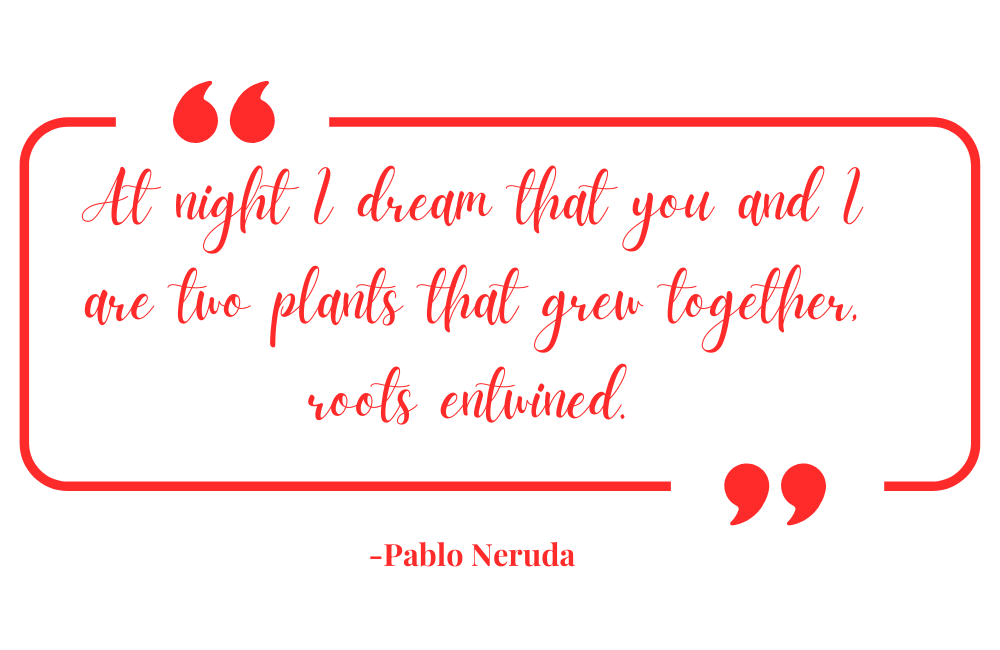


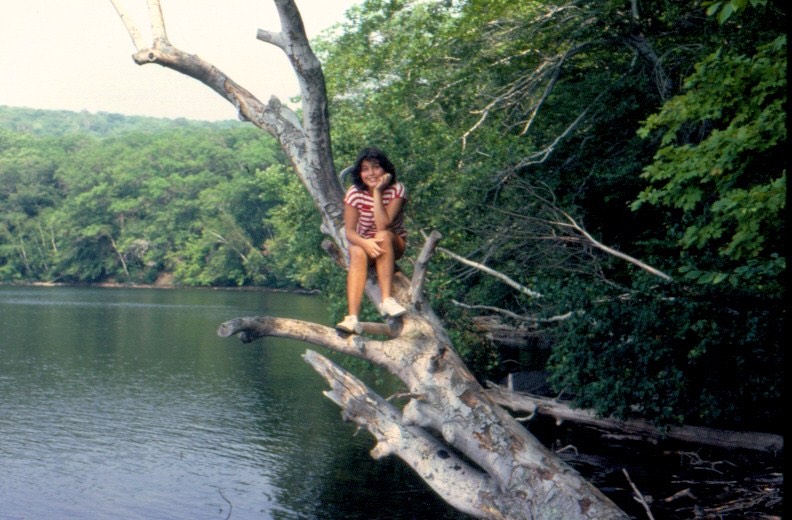
 Follow Us On Instagram
Follow Us On Instagram
